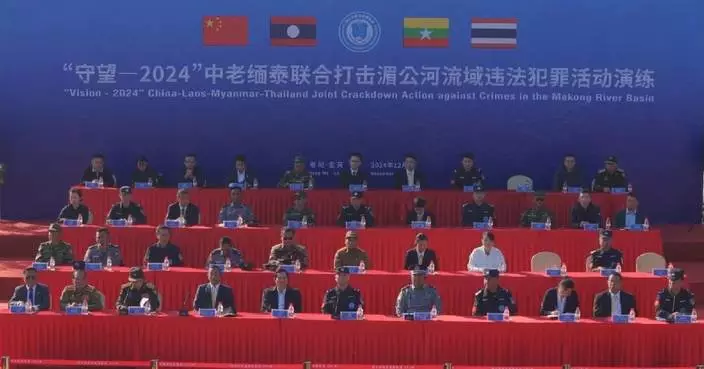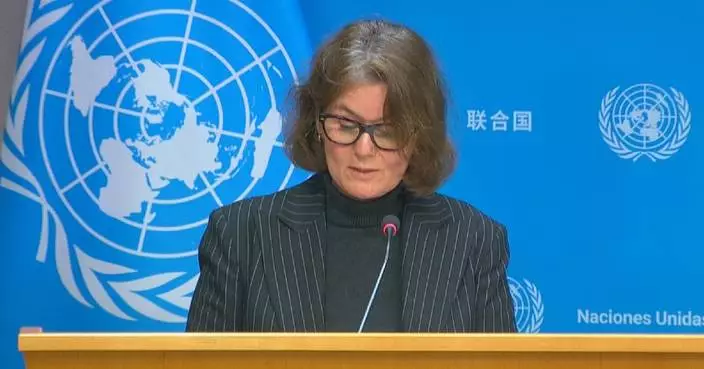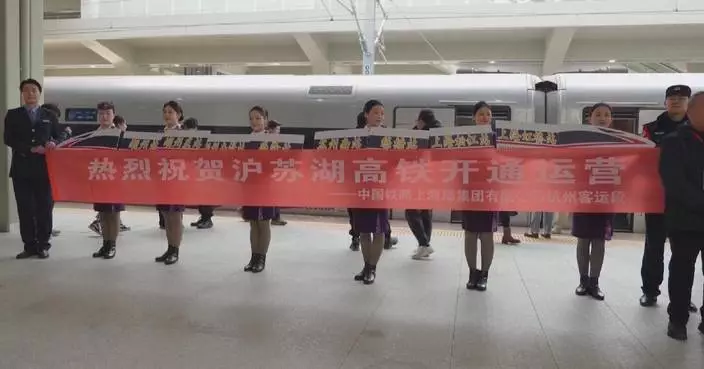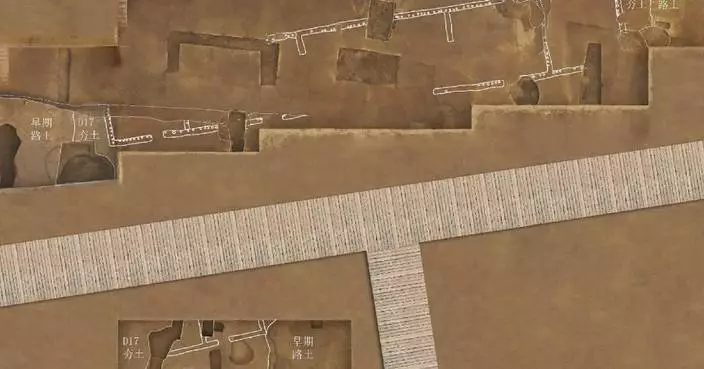President Xi Jinping sent a congratulatory letter on Thursday to the inaugural World Conference of Classics, which is scheduled from Wednesday to Friday.
With the theme "Classical Civilizations and the Modern World," the World Conference of Classics, co-sponsored by China and Greece, held its opening ceremony in Beijing on Thursday.
Xi noted that the conference along with the establishment of the Chinese School of Classical Studies in Athens has created a new platform for civilizational exchange and mutual learning for China, Greece and other nations in the world.
Greek President Katerina Sakellaropoulou's congratulatory letter was also read out at the ceremony. UNESCO Director-General Audrey Azoulay sent a written address on this occasion.
Li Shulei, a member of the Political Bureau of the Communist Party of China (CPC) Central Committee and head of the Publicity Department of the CPC Central Committee, attended the opening ceremony and read out Xi's congratulatory letter.
The conference has drawn over 600 participants, including those from related departments and institutions of China and Greece, and experts, scholars, cultural figures, youth representatives and media professionals from around the world.
Participants at the conference said that the letters of congratulation from Xi and from Sakellaropoulou fully demonstrated the high degree of awareness of China and Greece, as two ancient civilizations, in inheriting their own cultural traditions and promoting exchanges and mutual learning among civilizations.
They expressed their earnest hope to strengthen classical studies.
The participants said that it is necessary to further activate the great tradition and wisdom contained in the classics which will guide people to effectively cope with various modern challenges, and push human civilization along the right direction.
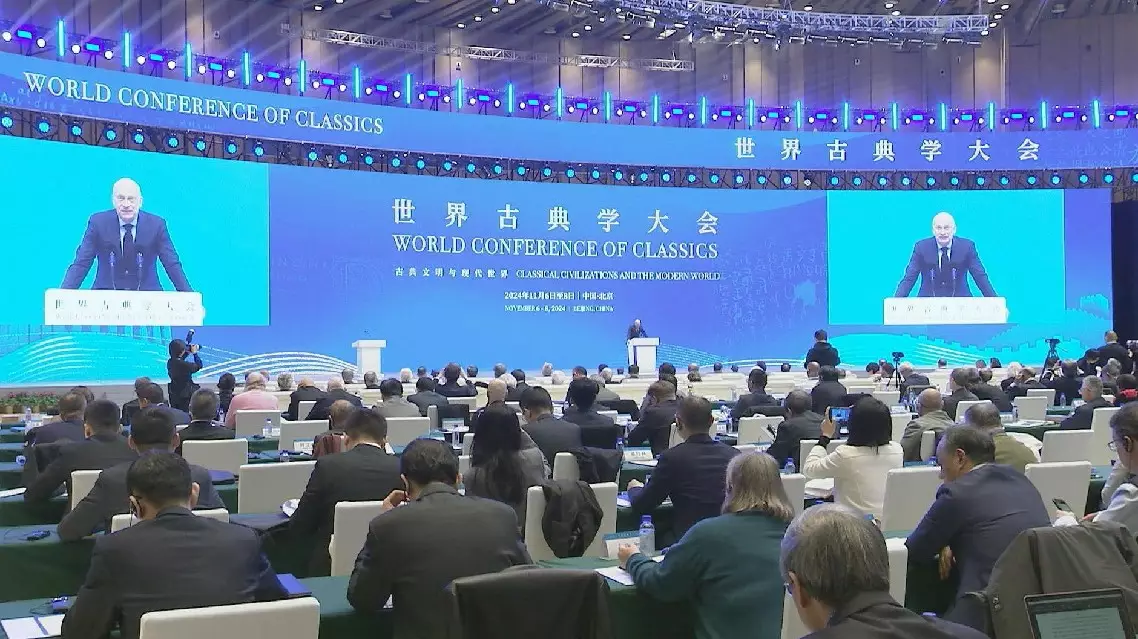
Xi sends congratulatory letter to inaugural World Conference of Classics



